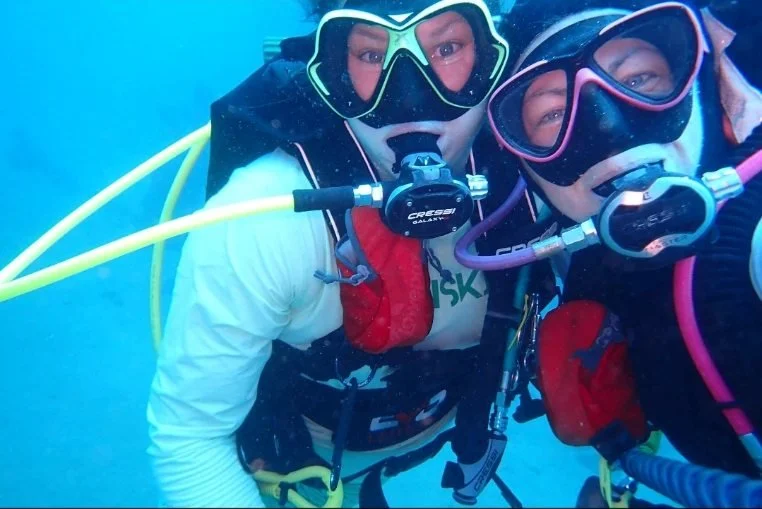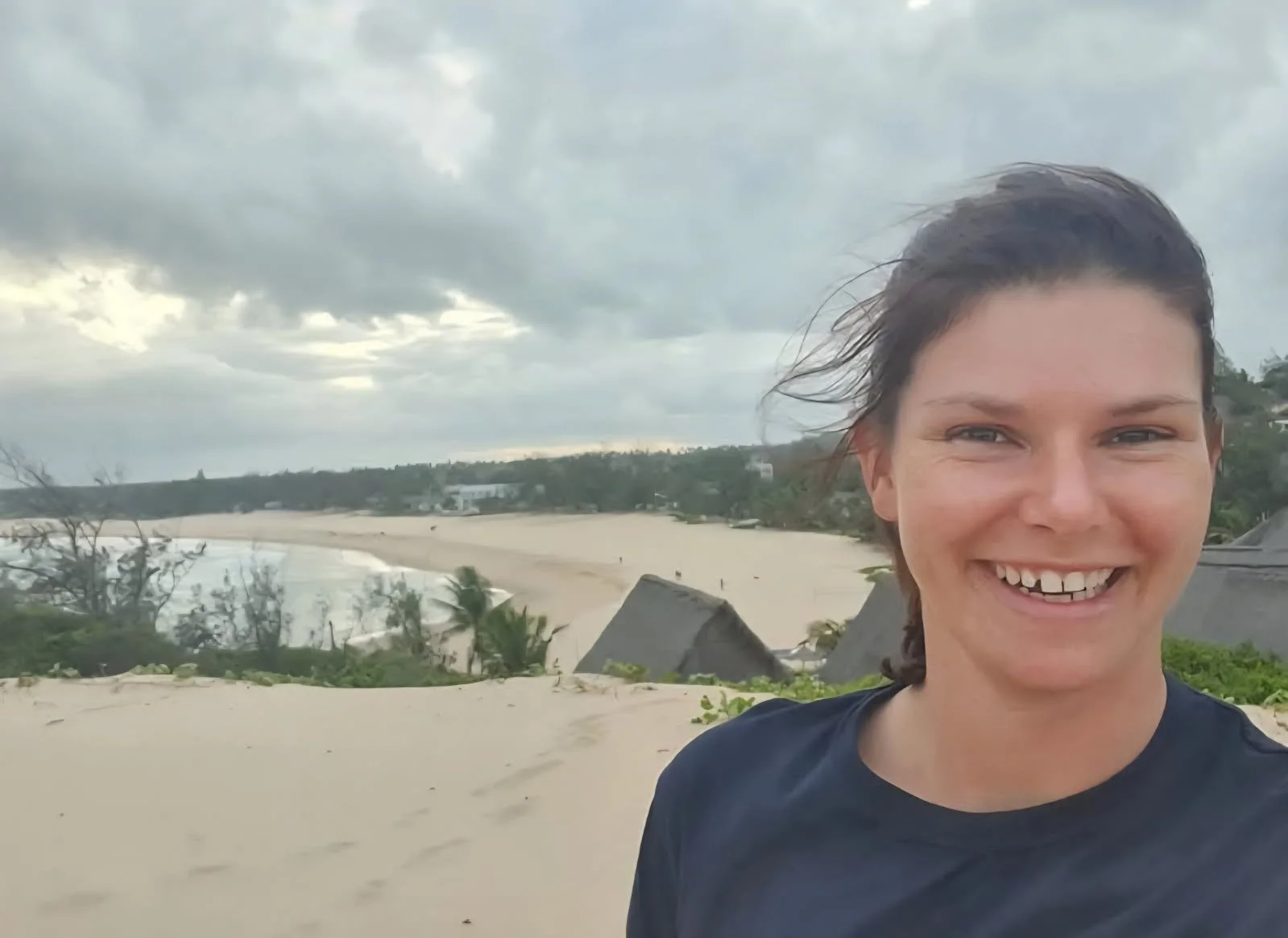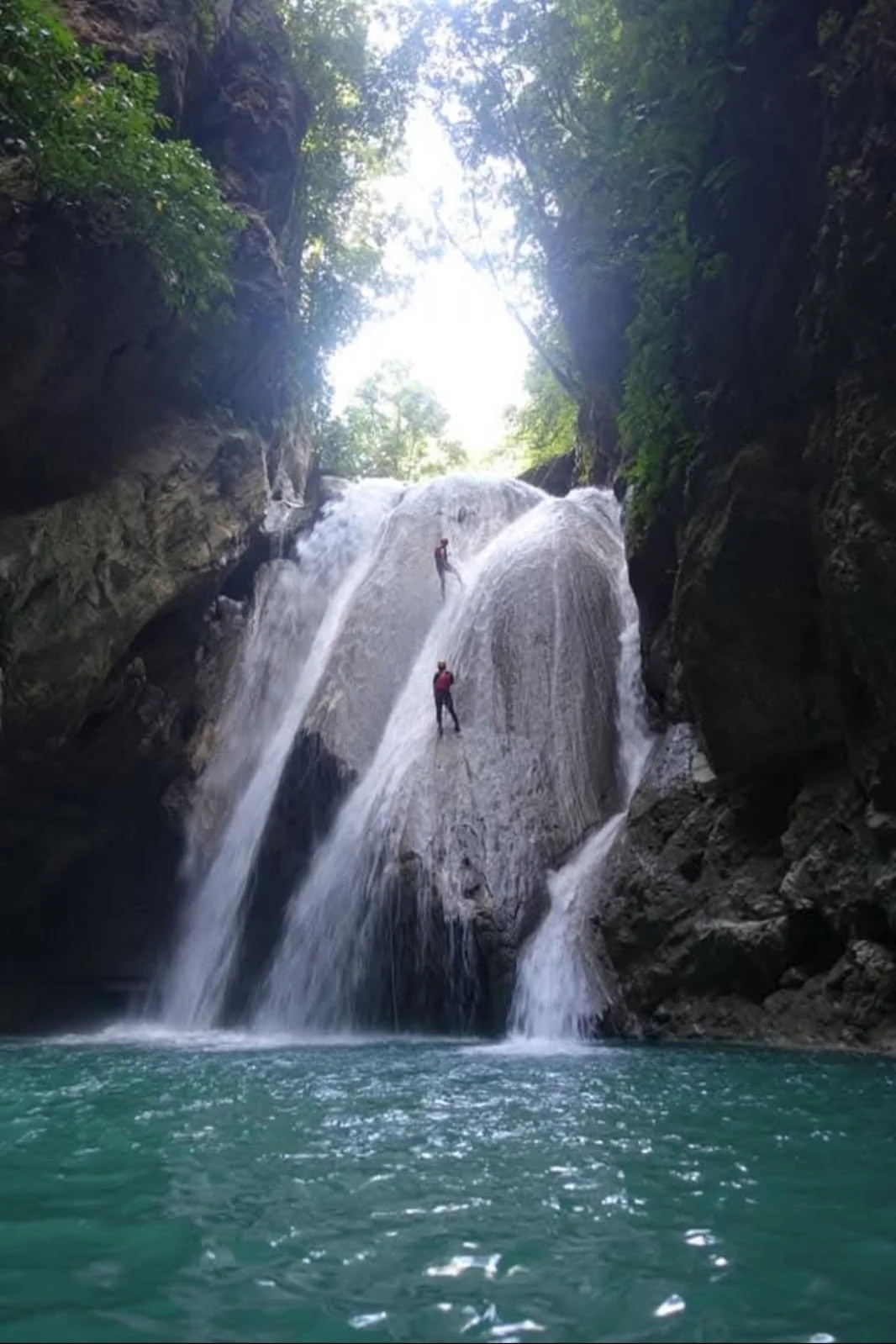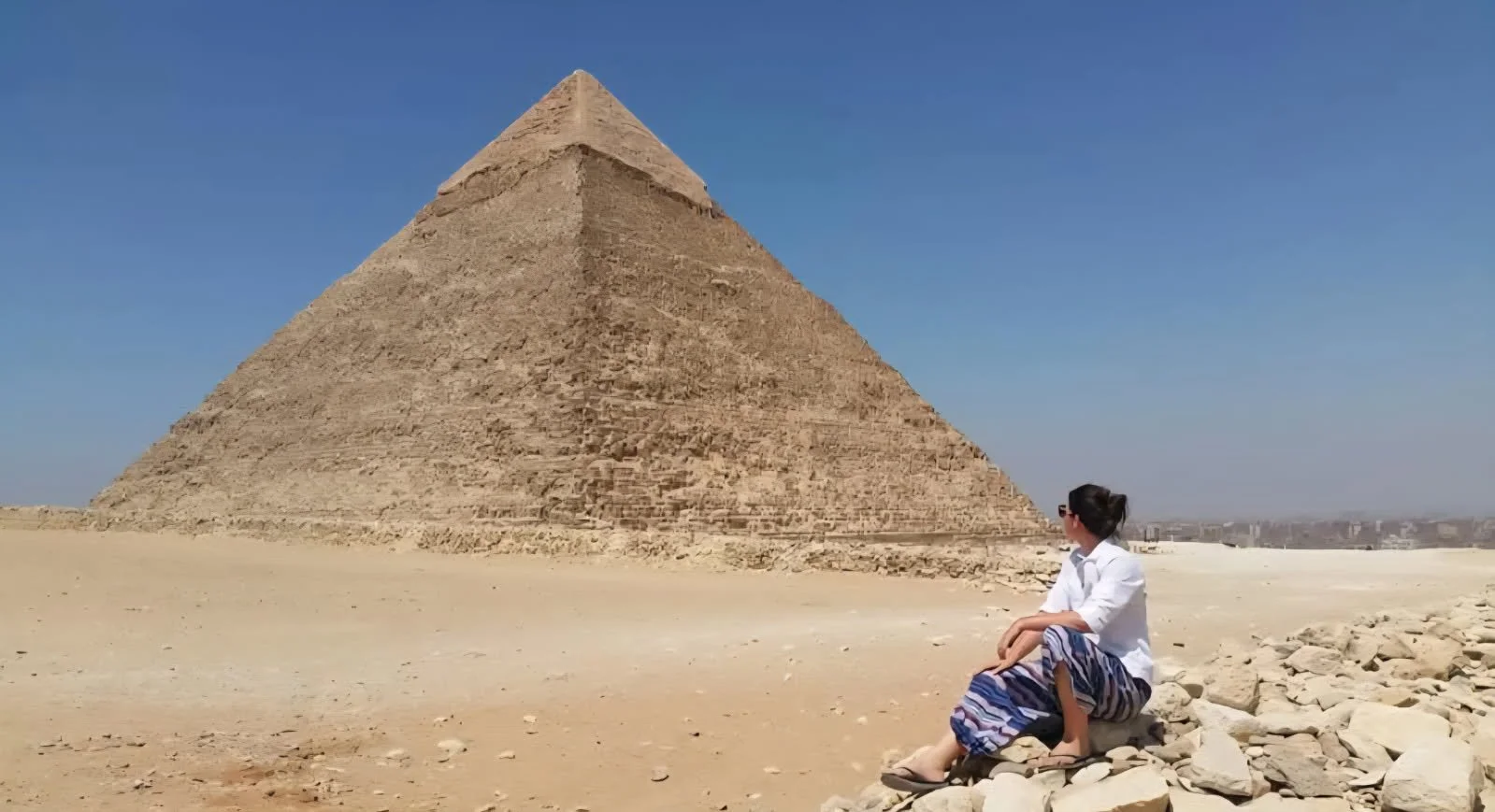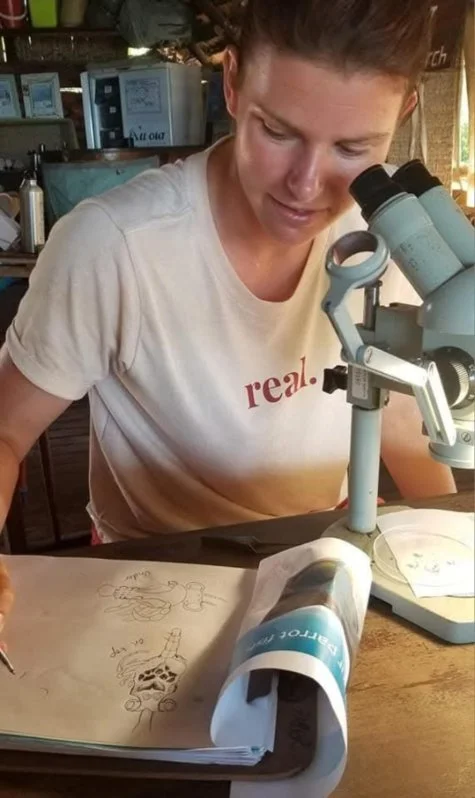I care about the environment, so this is what I do.
Written by Erin Brereton.
Erin is a traveller, an ocean and environment advocate, adventurer and all-round legend. After taking a huge leap with a career change, Erin has now earned her Masters of Environmental Management and follows her passion by working as Conservation Officer for Aquatic Adventures. In addition, Erin has also volunteered on many conservation projects over the years including coral propagation and restoration in the Gilis in Indonesia; Whale shark, shark, ray and reef health internship in Mozambique; and research assistant collecting data on Grey Nurse Sharks in South Africa.
When it comes to travel, we are spoilt in the modern age. You want to go trekking up Mt Kilimanjaro, go on safari across the savannah, swim with whale sharks, see orangutans… no problem, the world is your oyster! But at some point, you need to ask: what’s behind the curtain?
Not all travel experiences are created equally. Some use tourism dollars to support conservation, empower villages or improve living conditions. But there are also companies just out to line their pockets, often at the expense of animals, people, or the environment. As a traveller who wants to be responsible, how on earth can you tell the difference between an honest provider and one that’s exploiting others?
I used to do all the vetting myself—reading reviews, checking photos, doing deep dives into how operators behaved and where their money went, listening carefully to my Spidey‑senses. It was time‑consuming but important to me. These days, though, I don’t have that kind of time. That’s why having a trusted, responsible travel agent is an absolute must. I now work with someone who shares my values and does the heavy lifting—connecting me with operators who genuinely care about conservation, local culture, and ethical practice.
A good agent helps me focus on what I came for—whether it's the animals, people or landscapes—without having to second‑guess everything. They’ve already vetted experiences and partners, so I don’t have to scroll through thousands of photos trying to spot red flags like someone petting a wild animal or behaving disrespectfully at a cultural site. That said, I still trust my Spidey‑senses—if something doesn’t feel right, I dig a little deeper or raise it with the agent.
A good travel agent will only recommend providers who have strong ethical frameworks — like clear guest guidelines, environmental briefings, and cultural sensitivity practices. These rules aren’t there to be restrictive; they’re what make meaningful, respectful travel possible.
Of course, sometimes you still have questions—and that’s where a good travel agent really shines. They often have insider knowledge, local contacts, and updates on operators that might not show up in online reviews. That kind of connection can be the difference between a trip that just looks good on paper, and one that genuinely feels good to be part of.
I once had a diving trip planned in Moalboal, in the Philippines. Back then I was still doing all the homework myself, so I spent hours reading blogs and quizzing strangers just to avoid the bad behaviour I was seeing occur in Oslob, where the baiting and crowding of whale sharks was the regular. That legwork eventually led me to Moalboal, which offered a more natural, ethical encounter—but it chewed through a big chunk of my time.
When I landed, I burned another afternoon talking with locals—mostly at the pub—to double‑check dive shops. The one right next door to where I was staying had suffered a serious, preventable incident the week before, and without those chats I would never have known. In the end I found a centre the community trusted, and a few days later I had a peaceful, no‑bait encounter with a whale shark at Pescador Island. No chaos, just magic.
Fast‑forward to my last trip, to Pemuteran in Bali’s northwest. This time my agent handled the vetting. They paired me with a dive centre that ticked every ethical box—community‑focused, coral‑restoration and conservation projects, small groups, the works. All I had to do was turn up, and the dives were exactly what dreams are made of. Same magic, zero wasted hours.
One of the best parts of travel for me is when the operators of the experience are transparent about where the money goes. If they clearly outline how your payment supports conservation, breeding programs, local education, community projects or tips making it to the intended person, it shows their values are in the right place. That kind of transparency builds trust for me.
Experiences like that are what travel is all about. But working with a responsible travel agent who’s done the vetting for you? That’s a shortcut to peace of mind—and a great way to avoid giving your money to the wrong crowd.
These days, the eco‑tourism boom makes it harder than ever to tell what’s real and what’s greenwashing. That’s why I recommend finding a travel agent who shares your values and can confidently say, “I’ve checked them out—you’re in good hands.” Better yet, work with someone like Jess from Living Blue Travel Co. they’ve done the legwork, so you can just focus on enjoying the experience.
But if you’re still unsure:
• Trust your gut
• Ask how the operator gives back
• Read the not‑so‑great reviews, and
• Talk with your agent—they often know more than Google does
And when in doubt, ask yourself:
What are your Spidey‑senses—and your trusted agent—telling you?

